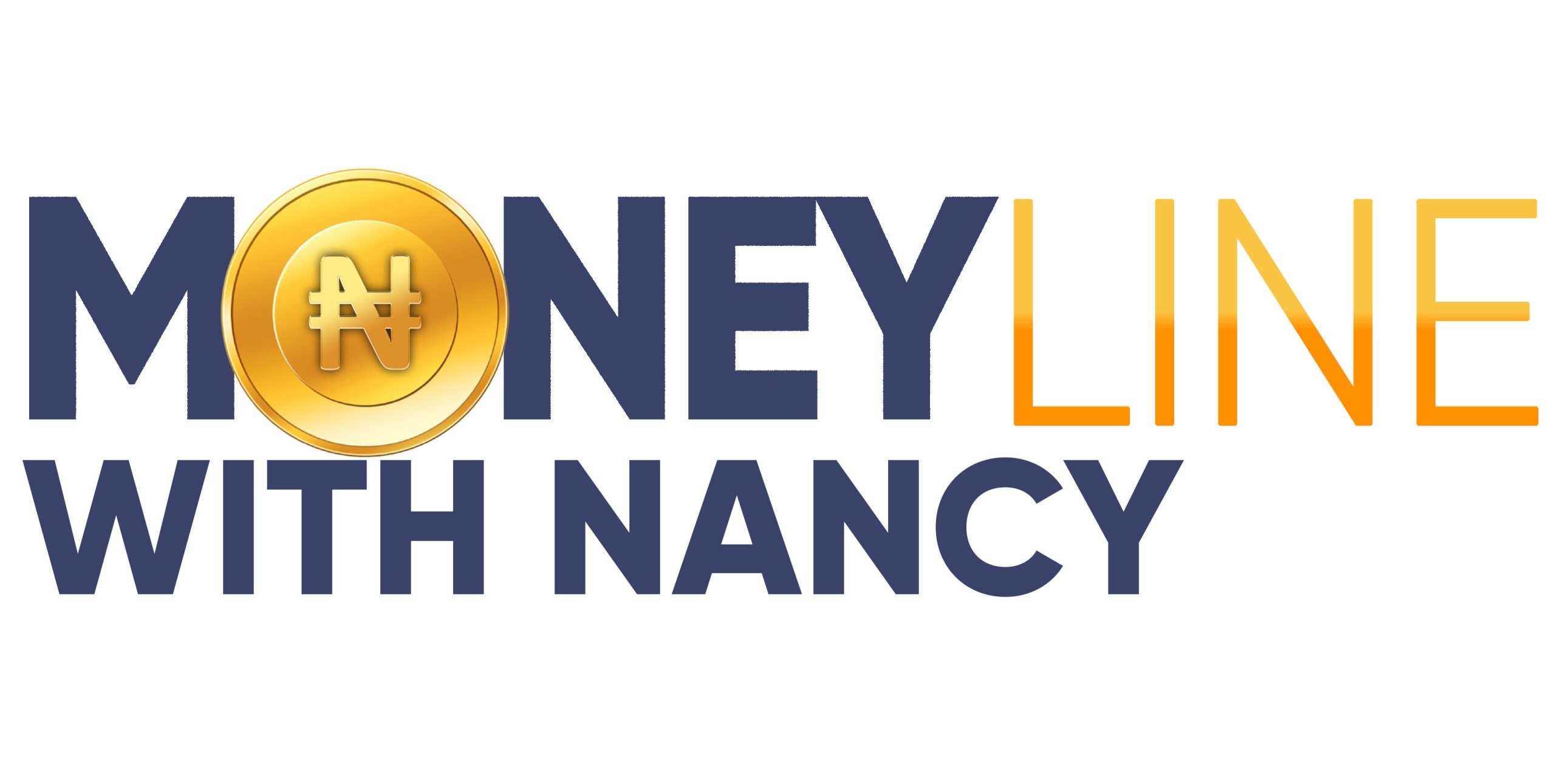Fitch Ratings Upholds Nigeria Credit Rating with Positive Outlook on Improvement in Reforms
Fitch Ratings maintained Nigeria’s long-term foreign-currency issuer default rating at ‘B-‘ with a positive outlook, citing the nation’s progress in reforms toward policy coherence. The agency named Nigeria’s large economy, coupled with a relatively developed domestic debt market and significant reserves in oil and gas.
Fitch upgraded Nigeria’s long-term credit default rating in May from stable to positive-, thanks in large part to reforms unveiled within the foreign exchange market, oil sector, and monetary policy. Yet, the rating is tempered by several challenges, including peer relative weak governance indicators, high dependence on hydrocarbons, low net foreign-exchange reserves, persistent inflation, ongoing security issues, and gradually improving but still very low nonoil revenue.
Fitch said the positive outlook reflects ongoing reforms that increase policy credibility and reduce economic distortions, thereby lessening near-term risks to macroeconomic stability. The included exchange rate liberalization, monetary tightening, and steps to restore fiscal discipline by no longer monetizing the deficit, gradually removing fuel subsidies.
It stated that inflows of foreign portfolio investment increased and official foreign exchange inflows improved to $48 billion in the first half of 2024 from $34 billion a year earlier, which has supported the rebound in Nigeria’s international reserves.
Fitch, however, warned that short-term risks still exist, owing to the volatility of the exchange rate and capital inflow decline over the past quarters, reflecting probable investor apprehension over the sustainability of the reform program. Besides, high fiscal spending, a liberalization of the exchange rate, supply shocks, and deregulated gasoline prices-all combining to push up inflation by almost 65% year-on-year in September 2024-further heightened the inflationary pressures in Nigeria.
The agency warned that renewed external liquidity stress, increased risks related to debt servicing, and erosion of monetary and fiscal policy credibility might lead to a negative rating, while a reduction in external vulnerabilities, confidence in the predictability of Nigeria’s policy regime, foreign exchange market stability, and even better public finances from improved oil revenues could result in an upgrade of the future rating.
